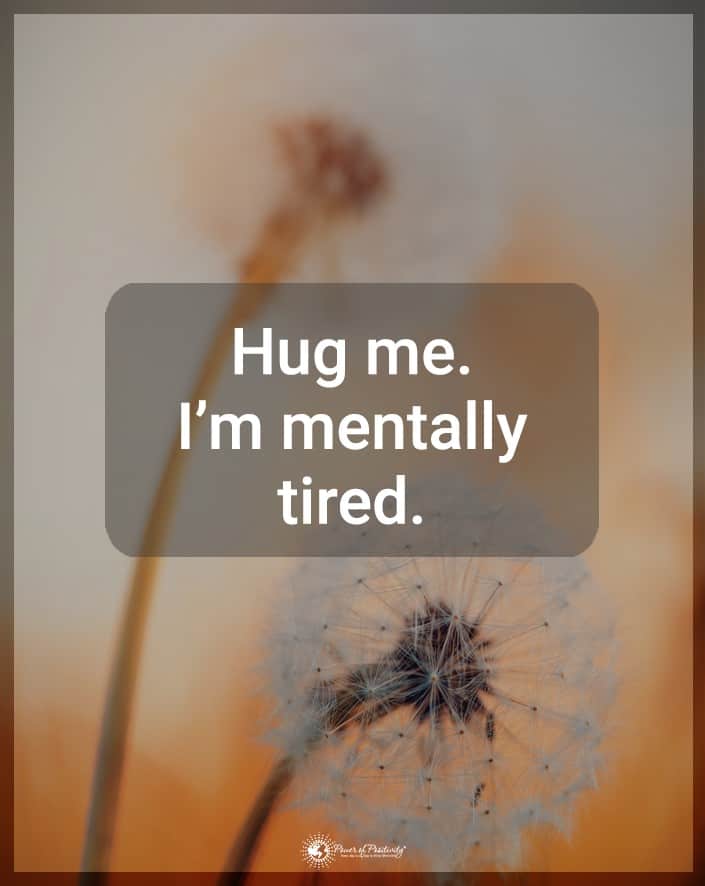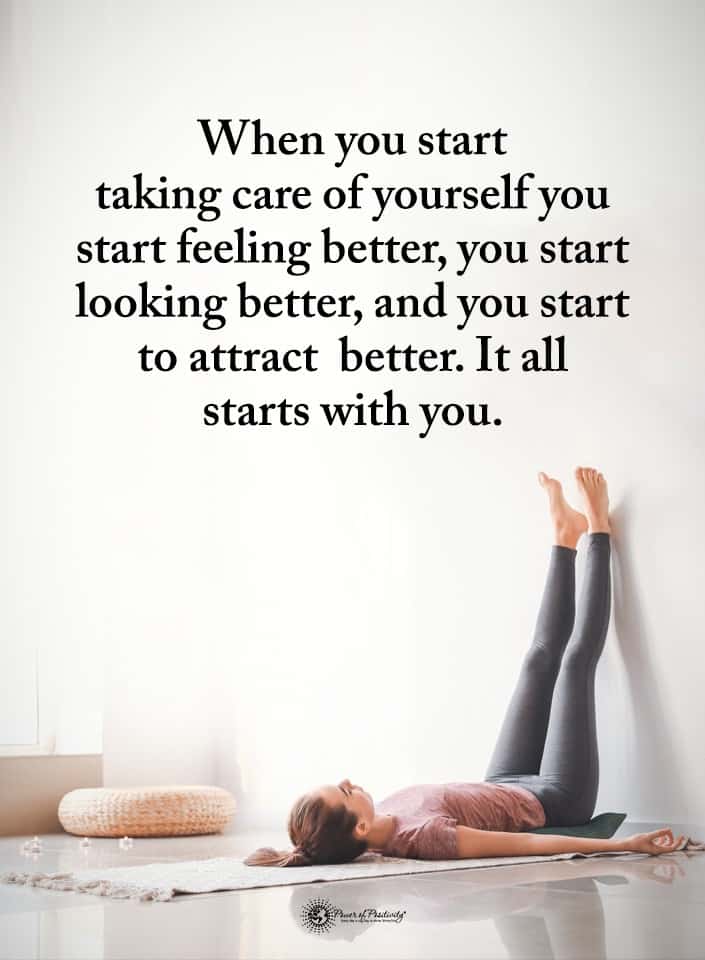A breakup can be devastating or unexpected. It may be a long time coming and for the best. You may feel relieved or betrayed in its wake. But, regardless of the context surrounding a breakup, one thing is constant: it hurts, and it’s hard to heal from. Psychology explains why it’s so difficult to recover after a breakup.
1. You’ve Lost Your Primary Source Of Support in the Breakup
In a healthy relationship, you have multiple sources of emotional support in your life. That support system will be instrumental in your journey to healing from a breakup and can make the trip easier.
But, even then, few can deny that their most significant source of support is their partner. After all, in most committed, serious relationships, you spend most of your time with your partner, especially if you live with them or spend a lot of time in each other’s home.

When you break up with someone, you lose their support just as you enter a challenging period in your life. This entire time, you’ve been able to come to that person for support and love when you needed it. And now that you’re nursing a broken heart, they’re out of the picture, and you can’t go to them anymore!
If you’ve gotten used to your former partner’s undying support, you’ll now feel even more vulnerable without it. This can make things feel even more raw and painful as you struggle to pick something up. Sure, you’ll have external support from other loved ones in your life, but the vulnerability you shared with your partner will likely be the kind of support you missed most.
On top of that, less healthy relationships may have an unhealthy attachment, causing you to rely too much on your partner for your happiness and emotional health. This can make healing even more difficult. The breakup could have removed your only source of support or the person who acted as your coping mechanism.
In the case of less healthy relationships, it’s ultimately a good thing for a breakup to happen. But the harmful patterns developed in that relationship can further worsen your attempts to get better, as your overreliance on a former partner makes you unable to regulate how you feel.
2. The Breakup Calls Your Identity Into Question
Relationships change your perception of yourself. You go from being one single individual to being someone who is actively planning a life with someone else. You share your world with them, and they share their world with you, and in the process, you absorb a little bit of each other. Your psychological boundaries blur a little bit, and you merge in many ways. This happens because you do these things:
- Experience new things together, thus shaping future thoughts and ideas based on shared experiences.
- Develop inside jokes and knowledge that only both of you share.
- Are vulnerable and open with each other, talking about difficult things that you may not share with anyone else.
- Ask for the other person’s opinions, and even when you disagree with them, you gain information on their perspective.
- Hear and exist in a world where your partner dictates as much as you do, compromising and hearing their ideas and beliefs throughout the day.
- Find things that are “yours” to do. Hobbies that you do together, something that you both enjoy, and other little rituals that make your relationship unique and have sentimental value.
- Try things that you would never have tried if not for your partner.
It certainly doesn’t help that in many relationships, people overdo this and become “one unit” instead of two separate but committed whole people in a partnership. In dynamics like this, that togetherness becomes unhealthy, and you lose some sense of your identity and who you are in the process.
Regaining Your Individuality
But even the healthiest relationships, where both partners maintain their individuality in a healthy and robust way, experience this. You can’t help it! Studies show that partners start to think of things in standard terms, considering what “we” want and what’s best for “us.” In most cases, when done in the right amount, this is perfectly fine and is often essential for long-term, serious relationships.
But when relationships end, the identity you’ve developed as part of those partnerships begins to erode. According to research, you start questioning yourself in the weeks following a breakup and may lose sight of your identity. You might wonder if you love the hobbies you got into with your ex-partner. Or you question if you were only participating for the sake of the relationship. You might ask yourself if you genuinely believe in the ideals you developed based on your ex-partner’s ideas and opinions or if your love for them swayed you.
This can leave you feeling very lost and depressed, and your identity’s confusion can hurt. It may take months before you’re more sure of your identity once more, and the time you spend unsure may cause a lot of negative thinking and declining wellbeing. This is one of the biggest reasons that healing after a breakup can be painful.

3. Your Body Knows Something Is Different After a Breakup
When you’ve been dating someone for any decent time, your body begins to adapt and adjust to their presence. Your whole biological rhythm changes, say studies, and your partner becomes a part of the systems your body recognizes as a constant.
Think of it similarly to good sleep hygiene and how your body knows it’s time to sleep. When you go to sleep at different times and in unstable environments, you have a more challenging time falling asleep. But when you maintain a consistent sleep schedule and have a habitual winding-down routine before bed, you get sleepy at the correct times and wake up more quickly.
Having a long-term partner, especially one you live with, is like having a consistent sleep schedule. Like with all consistent things in your life, they become a part of the routine that your body runs through each day. This keeps you grounded and helps you navigate life evenly. On top of that, your partner’s daily routine likely plays a part in signaling yours.
Physical Symptoms After a Relationship Ends:
For example, you may:
- Wake up as they make coffee in the kitchen
- Automatically make two servings of everything you cook or make
- Get hungry just as they get home from work
- Feel thirsty when you hear your partner pouring a drink because you know they’re making one for you too
- Become naturally sleepy when you lie next to them as they read in bed
- Feel a little more energized when your partner is with you
- Have a bath earlier than you did when you were single so your partner can use the shower after you
- Stop eating late-night snacks so you can go to bed earlier at the same time as your partner
- Become less stressed out when you get home from work thanks to a hug from your partner
In a breakup, a massive part of your routine life vanishes quickly and suddenly, and everything you regulated as part of your life with your partner is now no longer present. At the same time, you are filled with negative emotions surrounding the breakup, making it harder to adjust to the dramatically shifting routine.
Breakups hurt because there’s so much you have to change about your life and adapt to. Of course, all of that is in addition to an already bad emotional state. You have to change your routine, so you wake up earlier to make coffee now. You have trouble sleeping because your former partner isn’t there to signal bedtime with their routine. You’ll no longer have something that helped you de-stress from work. You catch yourself cooking two servings of food without thinking about it.
It certainly doesn’t help that all these changes to your routine are evident and palpable, so you’re constantly reminded by your partner in all aspects. Both the physical changes and emotional pain take a further toll on your physical health as your body struggles to adapt. No wonder a breakup is so hard to heal from!
4. Your Future Plans Change
In committed relationships, your plans begin to shape with your partner’s inclusion. Even newly committed relationships involve some degree of this; you may plan to attend an event later that year with your partner.
But in long-term, long-lived relationships, this extends to substantial life changes. You decide what city you want to live in, how many kids you want to have, and what your lives will look like in the next five or even ten years. Those thoughts no longer apply, and you have to remove them from your plans. You may even have shared assets that you thought you could rely on, and now you may have to give them up.
And, of course, even the most balanced relationships must involve compromise and some degree of sacrifice. Maybe you gave up living in your dream city because you knew you’d have a better life with your partner’s job in a different town. Now, you might regret that decision. And that gets worse in unbalanced or unhealthy relationships – maybe you’ve always reached the short end of the stick, giving up on your future wants for your partner.
It’s reasonable to be anxious about the future even when your relationship is entirely secure and healthy, and you have everything planned well. So, naturally, anxiety peaks even further when all of that gets called into question, and you’re left floundering with an uncertain future after a breakup. Healing is difficult after a breakup because you have to confront the reality that the future you envisioned may be completely different now.

Final Thoughts on Some Reasons Why It’s Difficult to Heal After a Breakup
Healing after a breakup is difficult and painful, but it’s not impossible. You can and will heal. Whether you want to date again in the future or not doesn’t matter. What’s important is that you’ll feel okay again, and it won’t hurt anymore. Hold onto the knowledge that things will be OK, and you will find recovery waiting for you in your future.
The post Psychology Explains Why It’s So Difficult to Heal After a Breakup appeared first on Power of Positivity: Positive Thinking & Attitude.







